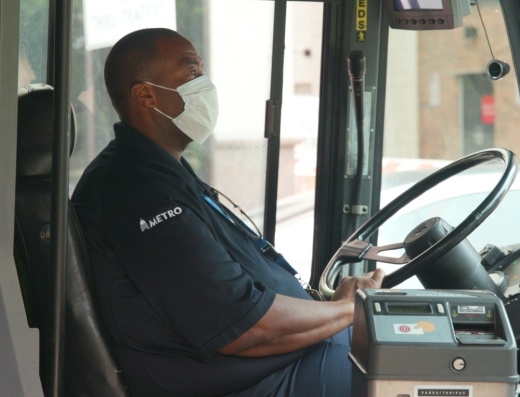The Amalgamated Transit Union, the union that represents bus operators and mechanics, came to a tentative agreement with Capital Metro's service contractor, MV Transportation, to start bus operators' wages at $22 an hour and mechanics’ wages at $31 an hour. Those numbers represent increases up to 30% for bus operators and up to 13% for mechanics. Both positions typically work 44 hours per week, which includes overtime, Capital Metro spokesperson Tawaun Cole said.
According to documents provided to Community Impact Newspaper, the wage increases represent one of the largest in Capital Metro history.
“Our staff has been on the frontlines of the pandemic for the last two years, so this is not only a great way to support our workforce but also to ensure that we are providing equitable, competitive wages and benefits to such dedicated public servants,” said Capital Metro Deputy CEO Dottie Watkins in the press release.
Capital Metro has the funds available to increase wages in part due to the $1.2 trillion infrastructure bill signed by President Joe Biden on Nov. 15, a Capital Metro spokesperson said. The transit agency is 100 operators short of full staffing, which has caused the public transit agency to reduce frequencies on 20 of its bus routes.
The proposal also includes a range of performance based incentives, which could reach up to $2,400 per year compared to the previous maximum of $1,500 per year.
For bus operators, those incentives require that they have perfect attendance, no preventable crashes and no disciplinary action throughout the month, Cole said. Mechanics also would need perfect attendance as well as considerations around overall shop performance to attain bonuses. Last year, bonuses were based solely on attendance.
Members of the Amalgamated Transit Union will consider the agreement Nov. 18. If approved, the increase would go into effect Jan. 1. Editor's note: This story corrects a previous version that said Capital Metro, instead of the Amalgamated Transit Union, came to a tentative agreement with MV Transportation.





